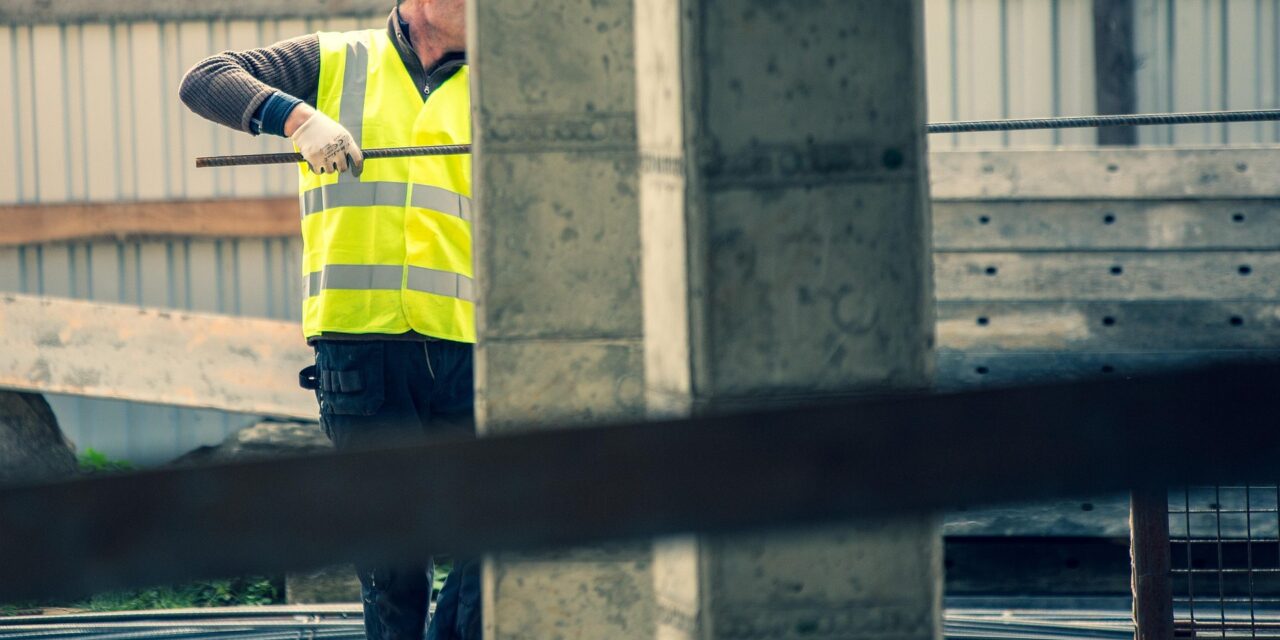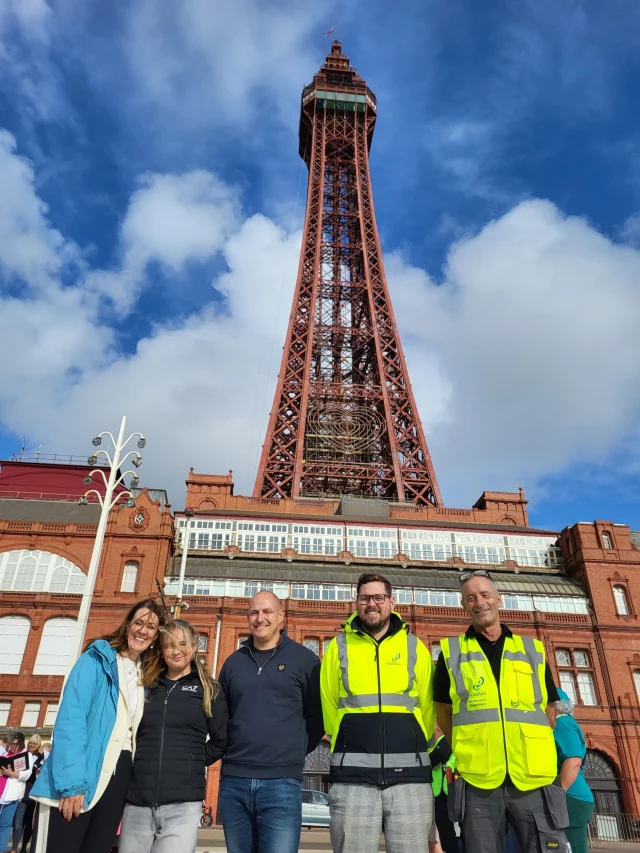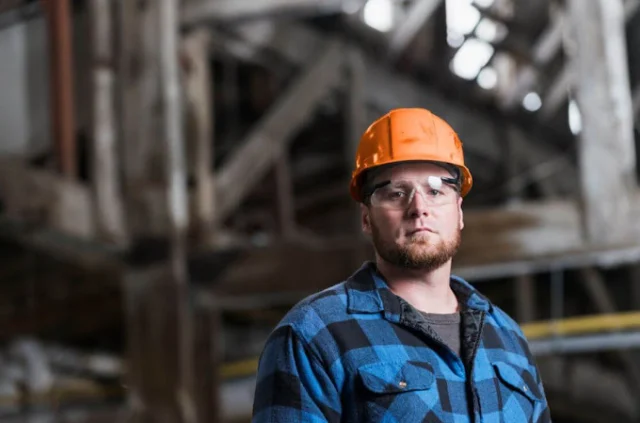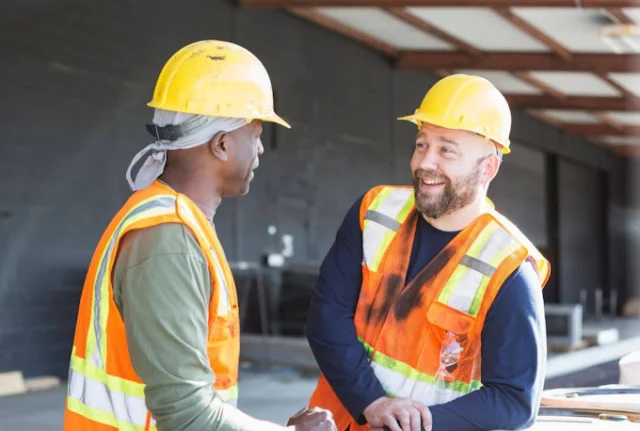
A team of construction workers are taking part in suicide research to help others in the industry across the UK.

With construction among the industries with one of the highest suicide rates, staff from Evolution, based in Blackpool, are supporting research by a Lancaster University postgraduate student into how to prevent suicides in the UK construction industry.
JJ Fitzgerald, Managing Director of Evolution, who is supporting and encouraging any member of his team who wants to take part in the research, said: “The construction industry knows only too well, and all too often, the effect suicide has right across the community.
“We want to show our support and create an environment and a society where people feel safe to talk and seek help.
“By taking part in this research, we’re helping to shine a light on an issue that is too often kept in the dark, and we’re contributing to real, lasting change.
“We’re aiming to send a message that Evolution stands united in support of our colleagues, families and friends across the construction industry, in all workplaces, and throughout the wider community.”
Phoebe Savill, a trainee clinical psychologist and postgraduate researcher at Lancaster University, is researching experiences of suicidal thoughts in the UK construction industry.

By backing Phoebe’s research Evolution is hoping other construction businesses across the UK will follow suit.
Phoebe is looking to those who have had suicidal thoughts 12 months or more ago, who were working in the construction industry at the time, to give up an hour of their time to talk with her as part of her research.
She is researching those who did not go on to attempt to take their own life, so she can understand what support has been helpful at reducing the number of suicides. Similar research in Australia has resulted in a reduction in suicides in the construction industry.
Phoebe said: “I hope this research will add to understanding why these rates in the UK construction industry are so high and what support and changes within the industry could be helpful.”
Recent research from the Chartered Institute of Building (CIOB), titled Understanding Mental Health in the Built Environment 2025, found that 28 per cent of respondents had experienced suicidal thoughts in the past year.

Last month Evolution supported a Fylde Coast Responsible Business Network event to launch this year’s Baton of Hope UK tour – a suicide awareness and prevention initiative founded by two bereaved dads. Evolution staff also took part in the tour in front of Blackpool Tower. The Baton of Hope will reach its London finish line on Friday (October 10), which is World Mental Health Day.
Evolution workers also took part in a charity fundraising stunt in the Irish Sea to raise awareness of suicide.
The Big Puddle Jump was organised by Empowerment Charity ahead of the launch of the UK Baton of Hope tour in Blackpool on September 1.
Samantha Southern, Solace Suicide Prevention & Bereavement Manager at Blackpool-based Empowerment Charity, said: “Each life lost to suicide sends ripples through families, friends and communities—affecting an average of 135 people. Through the Big Puddle Jump, we aimed to create waves of hope, solidarity and change.”
Anyone in the construction industry who wants to find out more about taking part in Phoebe’s research is asked to contact her at p.savill@lancaster.ac.uk





